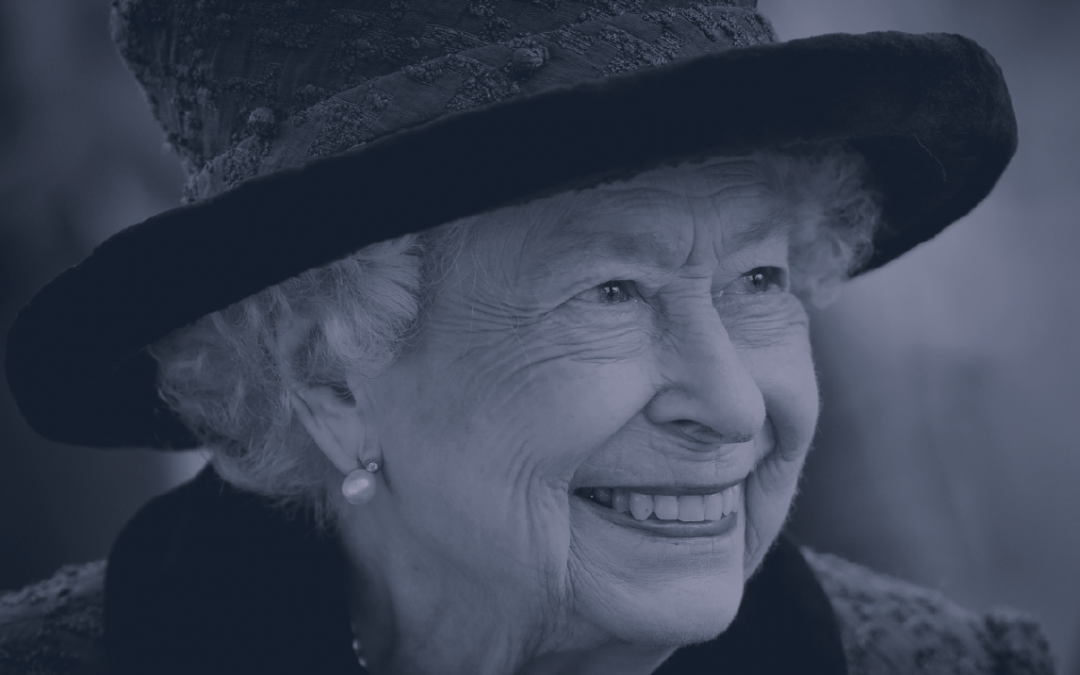Children and the Queen’s death – how teachers can support
Children and the Queen’s death: The death of Queen Elizabeth II has triggered much sadness across the country and beyond. Reports of her death and funeral arrangements dominate the news as well as everyday discussions amongst friends and family taking place, as we all process this loss and historical chapter in our lives.
The bank holiday given for national mourning and to watch the funeral on TV, means that children are also likely to watch it. But what does this mean for children, what’s the impact on them and is there anything to be aware to help them manage it?
Even if a child has not experienced someone dying before, the fact that the Queen has died and mourning is so public, it can have an effect on them. So here we have put together some tips to help teachers support children in school.
Teacher tips on supporting children with the Queen’s death
- Be open and honest.
- Use the word ‘death’ and ‘died’ rather than ‘passed on/over’ or ‘gone’ as it can confuse children.
- Be age appropriate with language and concepts.
- Give children the opportunity to ask questions about death and dying.
- A child may worry about their own death or someone else dying; encourage them to ask about it and help them share their anxieties.
- Let them know that their feelings are normal.
- For a child who has experienced bereavement before, the impact of the Queen’s death may affect them more; be aware, don’t make assumptions.
- Help children discuss the Queen’s life and death, it helps processing feelings.
- Don’t be afraid to show your own emotions, it does help normalise that it’s sad and it’s ok to express sadness.
- Explain what a funeral is and why we have them.If you want to read more about supporting childhood bereavement, click here



